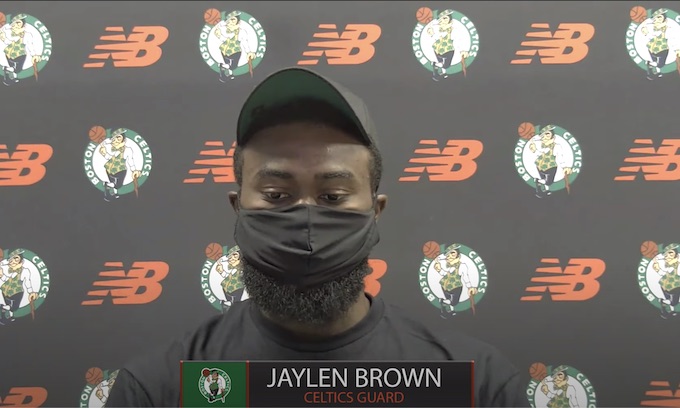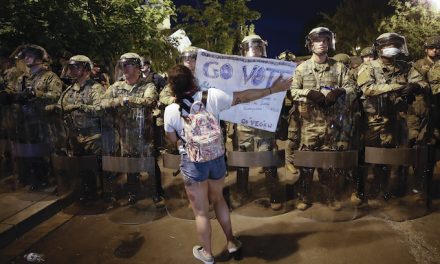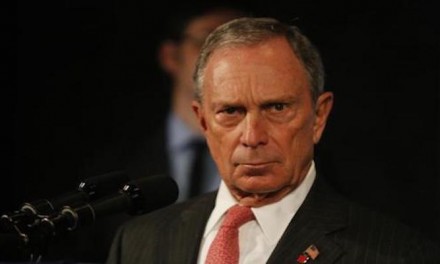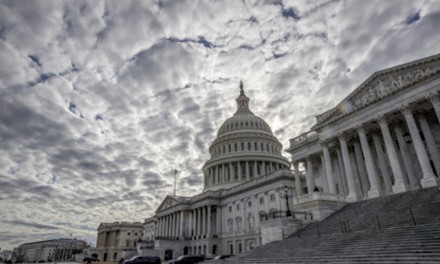“Does America think that Black people or people of color are uncivilized, savages, or naturally unjust, or are we products of the environments that we participate in?”
That was the question Jaylen Brown posed to the general population during his extended media session Tuesday afternoon. He’s enraged over the police shooting of Jacob Blake in Wisconsin. Blake was shot seven times in the back while his three young children in his car watched.
Much has been made of Blake’s criminal history in the wake of the shooting.
Jacob Blake, the man shot by police in Kenosha, Wisc., has a history of assaulting police. He also has past charges for domestic abuse & a sex crime. There's a warrent for his arrest. BLM rioters are currently destroying the city to avenge the shooting. https://t.co/BErLeJdPwj pic.twitter.com/JhHcbis5kf
— Andy Ngô (@MrAndyNgo) August 24, 2020
“There is an emphasis in this country on the framing of these instances such as Jacob Blake — ‘well, he was a convicted felon, well he had a history of police brutality, well, he possibly had a weapon.’ This framework is not unfamiliar to people of color and African Americans, nor does it constitute death or being shot seven times.”
He continued, saying, “are we not human beings? Is Jacob Blake not a human being? I don’t care if he did something 10 year ago, 10 days ago, or 10 minutes ago. If he served his sentence and he was released back into society, he still deserves to be treated like a human and does not deserve to be shot in the back seven times with the intent to kill. His kids will never unsee that. His family will never unsee that. And frankly, I will never unsee it.”
Now, Brown says he’s haunted by another vision. Much like 8:46 became symbolic after the death of George Floyd, the number seven, Brown’s number, has after the shooting of Blake.
“People post my jersey all the time, number seven, and every time I look at my jersey now, what I see is a black man getting shot seven times,” Brown said. “All America sees is his background, or his background before. It’s easier to see that than it is to see the truth.”
The truth is there is a problem that needs to be solved. Civil Rights activists have spent decades trying to find ways to get the message that change is necessary. The message has been put into scholarly texts, movies, and songs. Billie Holiday recorded “Strange Fruit,” about the lynching of African Americans, in 1939. Marvin Gaye’s “Inner City Blues” referenced “trigger happy policing” in 1971. The issue is not new.
“People are upset, people are pissed, and people are fed up,” Marcus Smart said. “It’s just sad that we still have to be going through this and still fight for something that’s so obvious and that’s racism. It’s the obvious factor that shouldn’t be there and we shouldn’t have to go through it but we are still going through it.”
The question on the minds of many of these players is “why?” Why these recurring stories?
One possibility is how the message is relayed. There is a well-known lack of diversity in media outlets, and the lack of representations means the message of how serious the problem is gets filtered through the eyes of people who may be, at worst, willingly ignorant or, at best, unwittingly naive.
“You don’t understand what they are going through by not being in the situation, or whatever happened in that situation, not happening to you,” Smart said. “It’s nothing against the media that we have now, it’s just you can’t fully understand it because you’ve never been in the situation or someone close to you has never really been in that situation to fully understand the effect that it has as an African-American male or female is going through in this country.”
Beyond the issue of representation, there is also the matter of dismissal of the issue by many people with power to make a change.
“To think that this happens again — I thought LeBron’s words were poignant last night,” Brad Stevens said. “I’ve heard those over and over. I’ve said this before, I can’t pretend to understand what that’s like because I don’t know what that’s like. But I know I’ve heard it over and over. So there’s obviously a problem.”
The beginning of what NBA players are fighting for when they make statements like this is, at the very least, the admission that Stevens made. It’s an admission that, while he doesn’t understand what it’s like and he’s never experienced it himself, the fact that it’s been said this many times indicates that there is a problem.
At least then, if enough people will acknowledge that there is a problem, a solution might be next.
“The world is going to be different. I hope the world is going to be different post-corona, post kind of like this enlightening that’s going on,” Brown said. “Like a lot of things are going to be different. A lot of things that were moments are going to become lifestyles for people. Lot of people are dedicating their lives to things that are becoming daily routines, so I don’t think it’s becoming just a vote thing. It’s something we feel strongly about and the world should feel strongly about too.”
___
(c)2020 MassLive.com, Springfield, Mass.
Visit MassLive.com, Springfield, Mass. at www.masslive.com
Distributed by Tribune Content Agency, LLC.
—-
This content is published through a licensing agreement with Acquire Media using its NewsEdge technology.



















Recent Comments